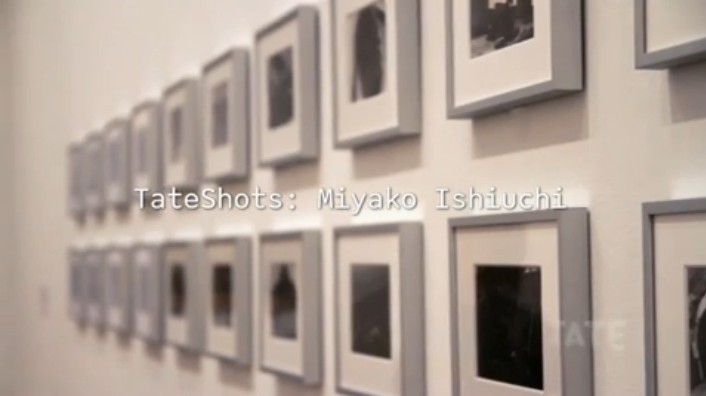Miyako Ishiuchi
05 Jul 2013 - 11 May 2014
‘I am interested in the way that time records itself into things and people’, photographer Miyako Ishiuchi has said.
Taking up photography at the age of twenty-eight, Ishiuchi was mentored by, and then worked alongside, Shomei Tomatsu and Daido Moriyama. Like her contemporaries Ishiuchi was concerned with capturing social conditions in a country haunted by the memories of the Second World War. Her work offers a radical vision of post-Hiroshima Japan, focusing on the alienation and disaffection characterising urban life.
Yokosuka Story 1977 was her first significant body of work, depicting the small port town where Ishiuchi grew up. Yokosuka was the site of a large US Naval base, and was infiltrated by American culture. The visual landscape reflected this struggle between past and present and the uncertainty of the future identity of Japan.
Ishiuchi’s work is often referred to as stoic and unsentimental. Rather than an objective documentary approach, her work is concerned with the passing of time. Photographed in winter, the images of Yokosuka Story are grainy and printed dark with high contrast. Ishiuchi explores varied aspects of the town, from narrow streets of residential housing, to the architectural detail of commercial buildings and views of the port and ocean, often glimpsed from a moving car. The scenes are often obscured with tilted horizons and only fragments of details. Unusually for Ishiuchi’s early work, she includes shots of people, going about their daily lives. In one picture she shows her own shadow cast across the pavement, projecting herself onto the city.
Miyako Ishiuchi was born in Gunma, Japan in 1947. She lives and works in Japan.
Curated by Simon Baker and Shoair Mavlian
Taking up photography at the age of twenty-eight, Ishiuchi was mentored by, and then worked alongside, Shomei Tomatsu and Daido Moriyama. Like her contemporaries Ishiuchi was concerned with capturing social conditions in a country haunted by the memories of the Second World War. Her work offers a radical vision of post-Hiroshima Japan, focusing on the alienation and disaffection characterising urban life.
Yokosuka Story 1977 was her first significant body of work, depicting the small port town where Ishiuchi grew up. Yokosuka was the site of a large US Naval base, and was infiltrated by American culture. The visual landscape reflected this struggle between past and present and the uncertainty of the future identity of Japan.
Ishiuchi’s work is often referred to as stoic and unsentimental. Rather than an objective documentary approach, her work is concerned with the passing of time. Photographed in winter, the images of Yokosuka Story are grainy and printed dark with high contrast. Ishiuchi explores varied aspects of the town, from narrow streets of residential housing, to the architectural detail of commercial buildings and views of the port and ocean, often glimpsed from a moving car. The scenes are often obscured with tilted horizons and only fragments of details. Unusually for Ishiuchi’s early work, she includes shots of people, going about their daily lives. In one picture she shows her own shadow cast across the pavement, projecting herself onto the city.
Miyako Ishiuchi was born in Gunma, Japan in 1947. She lives and works in Japan.
Curated by Simon Baker and Shoair Mavlian

